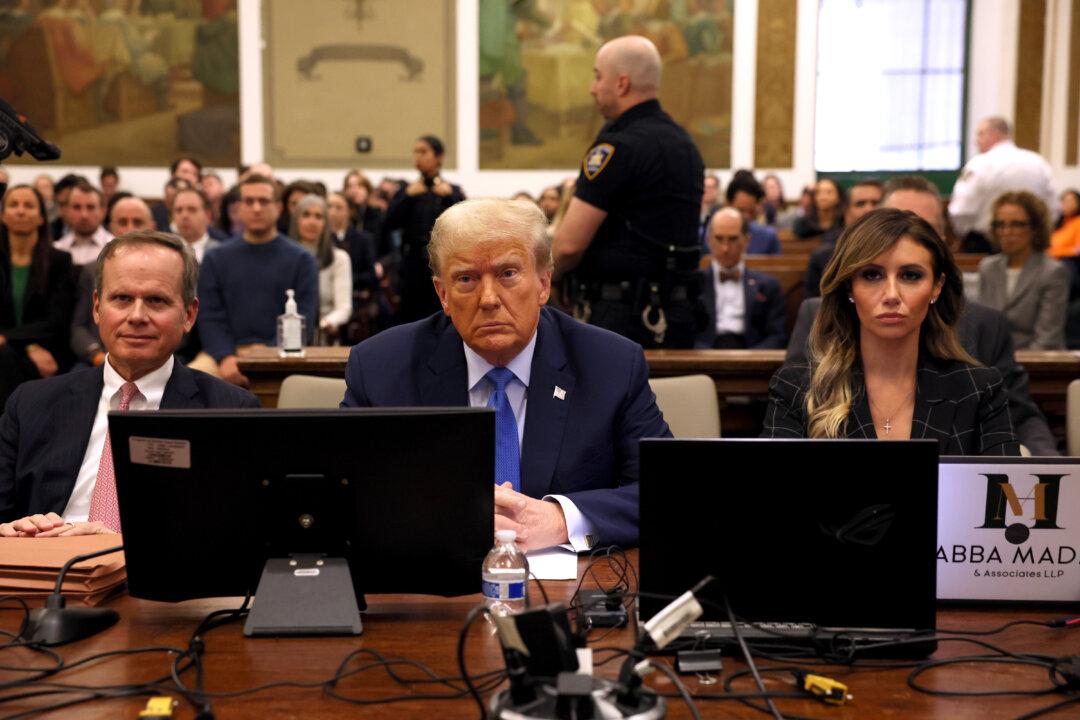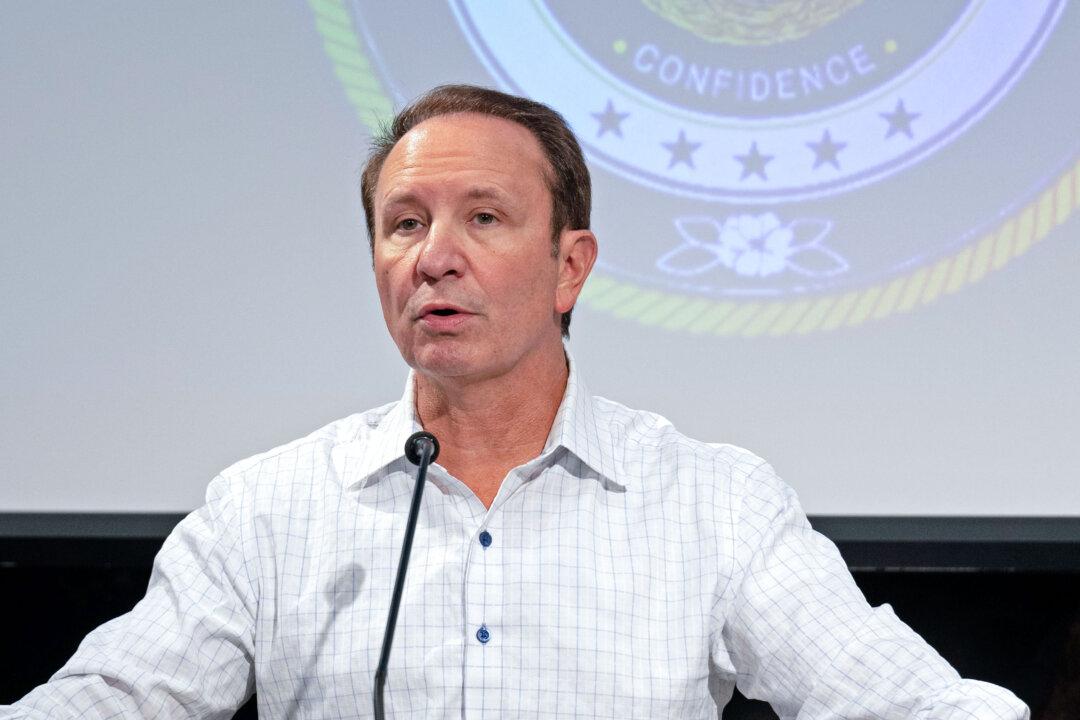A federal district court in Rhode Island on Monday rejected a bid to disqualify former President Donald Trump from candidacy in the 2024 presidential elections, citing an earlier ruling by an appeals court that rejected a similar claim.
Chief Judge John J. McConnell of the U.S. District Court in Rhode Island on Monday summarily dismissed a complaint by John Anthony Castro, a lesser-known Republican presidential candidate from Texas, who sought to disqualify President Trump from the ballot.





